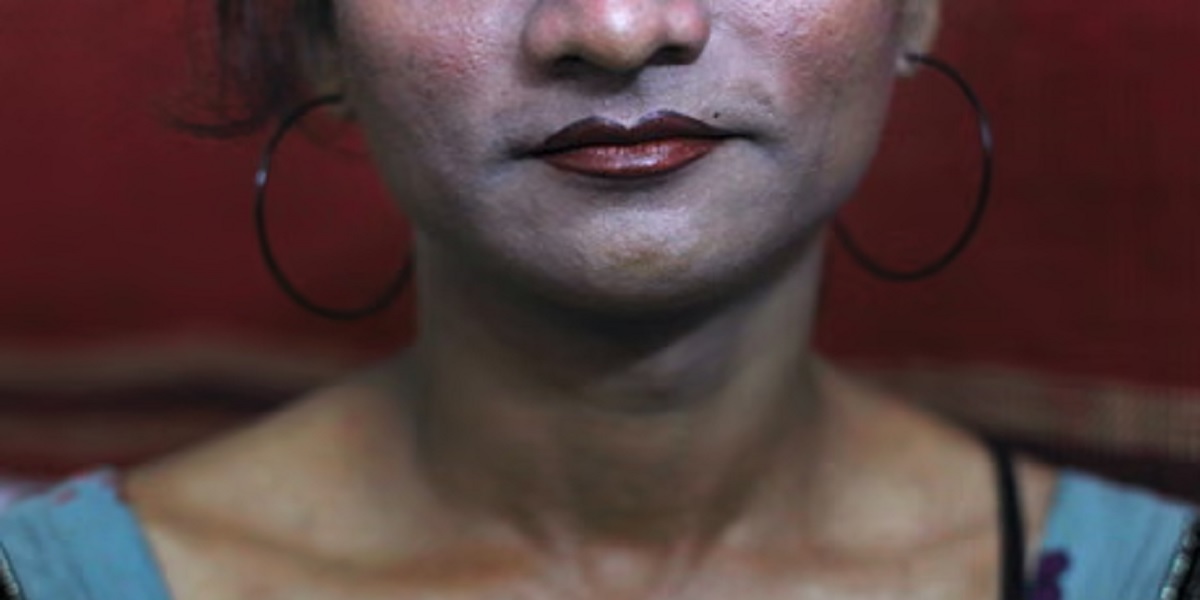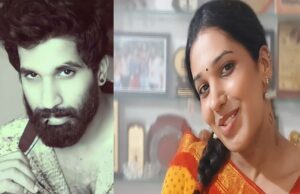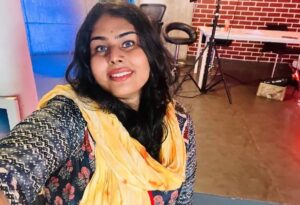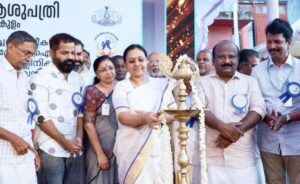Published Oct 01, 2025 | 11:20 AM ⚊ Updated Oct 01, 2025 | 2:35 PM

The Kerala government has launched a queer-friendly clinic designed to support Sexual minorities.
Synopsis: The Kerala government has launched a queer-friendly clinic to provide safe and affordable access to treatments that affirm gender identity and help restore confidence. Alongside government initiatives and financial assistance, the queer community stresses the urgent need for expert, reliable medical services that affirm their true gender.
Every evening, Ameya (name changed) from Kochi in Kerala adorns herself with care — her favourite saree, jasmine flowers braided into her hair, a delicate pottu, kajal, and a sparkling nosepin. In those moments, she feels beautiful. Yet, some days, no makeup or skincare can hide the light green shadow on her face that reminds her of the struggles she cannot escape.
For Ameya, the fastest-growing beard is more than just hair — it is a daily reminder of the body she was assigned at birth, a body that doesn’t reflect who she truly is.
Like many transgender individuals in her community, Ameya turned to sex work due to a lack of education and opportunities. The unwanted hair, the societal mockery, and the expense of treatments like laser hair removal and hormone therapy often chip away at her confidence.
Now, hope has a name. The Kerala government has launched a queer-friendly clinic designed to support individuals like Ameya, providing safe and affordable access to treatments that affirm their identity and help restore their confidence. This is a place where they can finally see themselves the way they’ve always wanted to be seen.

Vaiga Subrahmanyam, Transwomen (before and after FFS)
Vaiga Subrahmanyam, a well-known figure in Kerala’s social circles, is admired for her elegance and achievements. She has won several beauty pageant titles, and many don’t even realise that she is a transgender woman.
But behind the glamour lies a story of immense struggle and financial burden.
Speaking to South First, Vaiga opened up about the challenges she faced during her transition.
“We have to go through multiple surgeries. The first ones are top surgery (chest procedures) and bottom surgery (genital procedures), followed by facial feminisation surgery. Jawline, forehead, nose, chin — everything needs correction through plastic surgery,” she explained.
For rhinoplasty alone, Vaiga had to spend ₹1.79 lakh. A complete set of facial correction procedures can cost at least ₹4 lakh. Gender-affirming breast augmentation for trans women costs a minimum of ₹1.2 lakh, while for trans men, chest removal surgery is far more complicated and requires a recovery period of 5–6 days.
Vaginoplasty, a gender-affirming surgery that creates a vulva and vagina by rearranging genital tissue, costs around ₹2.5 lakh.
“The major challenge is that each surgery requires long-term aftercare, with at least a 3–4 month gap before the next procedure. It’s a long, painful, and expensive process,” Vaiga said.
The Kerala government currently provides financial assistance of ₹2.5 lakh for male to female surgeries and ₹5 lakh for female to male surgeries along with ₹3,000 per month for aftercare for one year, totalling ₹36,000.
However, there is no aid for facial feminisation, which is one of the most expensive parts of the transition.
“Excluding laser hair removal and other recurring expenses, a transwoman needs to spend a minimum of ₹7 lakh just to complete the essential surgeries. Most of us can’t afford it, but we have no choice if we want to live as our true selves,” Vaiga added.
Vaiga explained that even laser treatment differs depending on hair type. For thick and fast-growing hair, advanced electro-laser procedures are needed, which are far more expensive than regular sessions.
“Each sitting cost me around ₹4,000,” she said. While normal laser sessions take about ten minutes, electro-laser requires more time and money.
She added that hormone treatments are also a major financial burden. The government currently offers up to ₹3 lakh in assistance for transgender people, but the process requires individuals to first undergo surgery, then submit their discharge summary and bills for reimbursement.
“There are additional treatments like vocal surgery as well. For trans men, testosterone naturally deepens the voice over time, but trans women need estrogen and sometimes risky vocal surgeries,” Vaiga said.
Despite the challenges, she was able to receive the maximum ₹3 lakh government support. But for many others, even this is not enough.
Rahul, a trans man from Kochi, told South First that he could not afford treatment at all and is surviving with the help of his parivar.
In the hijra culture, parivar — a chosen family system with adopted mothers, fathers, and siblings — plays a crucial role. These networks not only provide security but also create self-help groups that offer emotional strength and financial support.
“Without my parivar, I wouldn’t have been able to survive,” Rahul said.

Heidi Sadiya
When South First contacted Heidi Sadiya, a trans woman and research fellow, she explained the high costs of essential treatments.
“Every month, we spend at least ₹2,500–4,000 just for facial laser procedures. Full-body laser costs around ₹15,000 per sitting,” she said.
Heidi also highlighted the role of Marivillu (Rainbow), a special clinic for transgender persons set up in 2023 at Vyttila Mobility Hub, Kochi. Established by the district panchayat using the People’s Plan Fund (2022–23), the clinic provides-
She added, “For estrogen tablets, we spend around ₹700 for a 28-day course, but higher dosages can cost up to ₹1,400. Injections alone cost at least ₹5,000 a month. Some only need an upper-lip laser, which is now available for ₹500. In Kochi, private clinics also offer these services, and some even give 20 percent discounts to transgender people since we are regular customers.”
Community groups like Dwaya share updates about such queer-friendly clinics, which are a huge relief for many struggling to access even basic treatments like laser sessions. However, Heidi noted that, unlike private hospitals, appointments at government queer clinics often involve delays.

A queer-friendly clinic has opened at Ernakulam General Hospital
The recently inaugurated queer-friendly clinic at the Ernakulam General Hospital offers the community access to a fully equipped laser treatment facility at half the usual cost of ₹1,000 per session, with plans to reduce it further to ₹250.
The clinic will feature special queues, dedicated counters, counselling services, and, in the future, plastic surgery and hormone therapy.
It has also upgraded several other facilities, including a modern cubicle-style mortuary with an extra freezer chamber and waiting area, a stroke ICU, and a renovated cath lab.
It continues the Sruthitharangam scheme, which provides cochlear implant surgery for children with hearing impairments.
The upgrades were funded through MLA and plan funds, ₹70 lakh for the mortuary, ₹10 lakh for the stroke ICU, and ₹13 lakh for the queer-friendly clinic. Health Minister Veena George inaugurated the new projects.
People like Heidi still struggle with the aftereffects of unscientific surgeries carried out years ago. She recalls the dark, unhygienic room near a bathroom in an unlicensed clinic in Bengaluru where her surgery was done — an establishment that no longer exists. Many continue to suffer complications such as constant vaginal discharge and other health issues.
That is why, alongside government initiatives and financial assistance, the community stresses the urgent need for expert, reliable medical services that affirm their true gender. Members of the queer community told South First that while these steps are indeed welcome, what they truly need are more safe spaces, better treatments, and dignity in their journey.
Because in the end, every trans person deserves not just survival — but a life of health, pride, and wholeness.
(Edited by Muhammed Fazil.)

